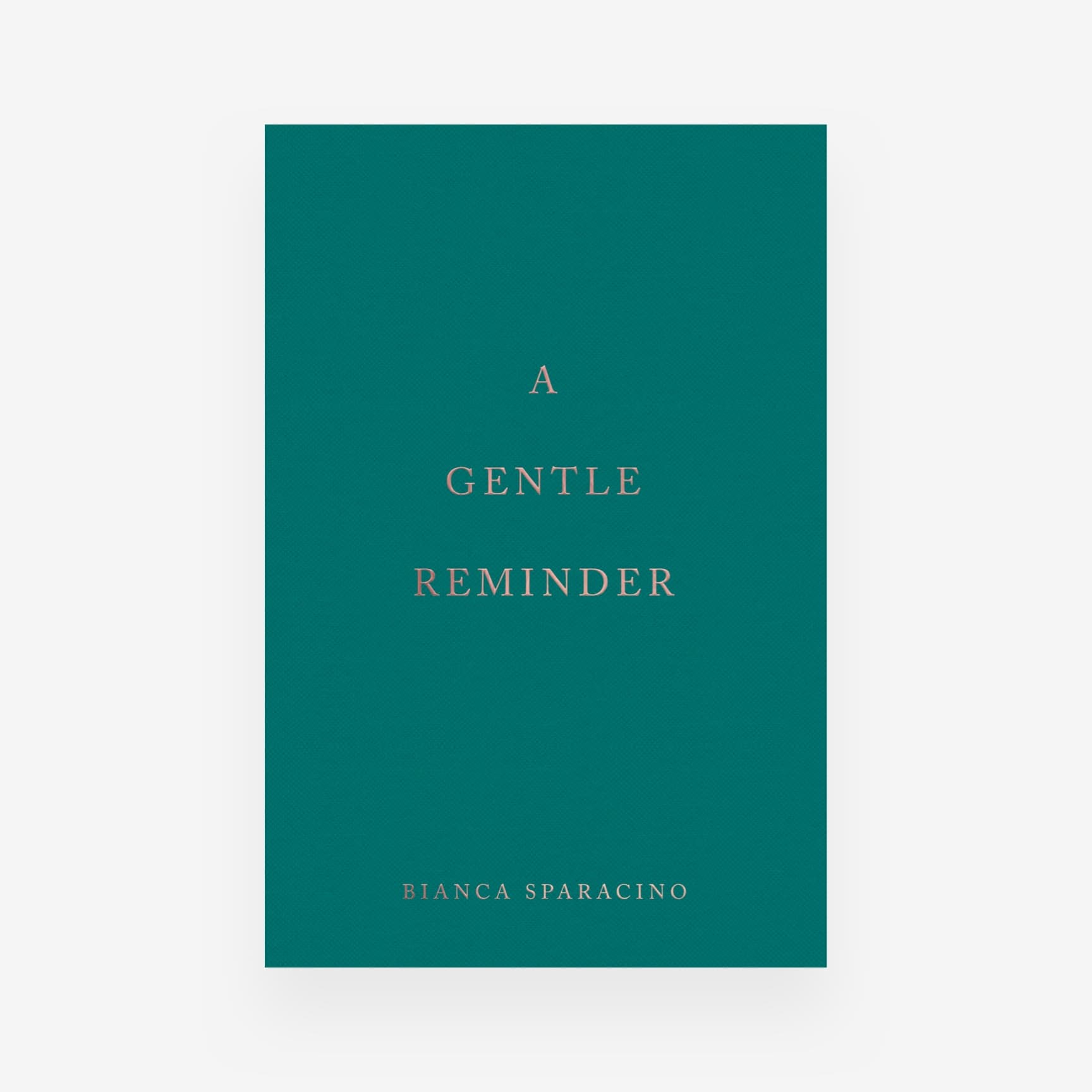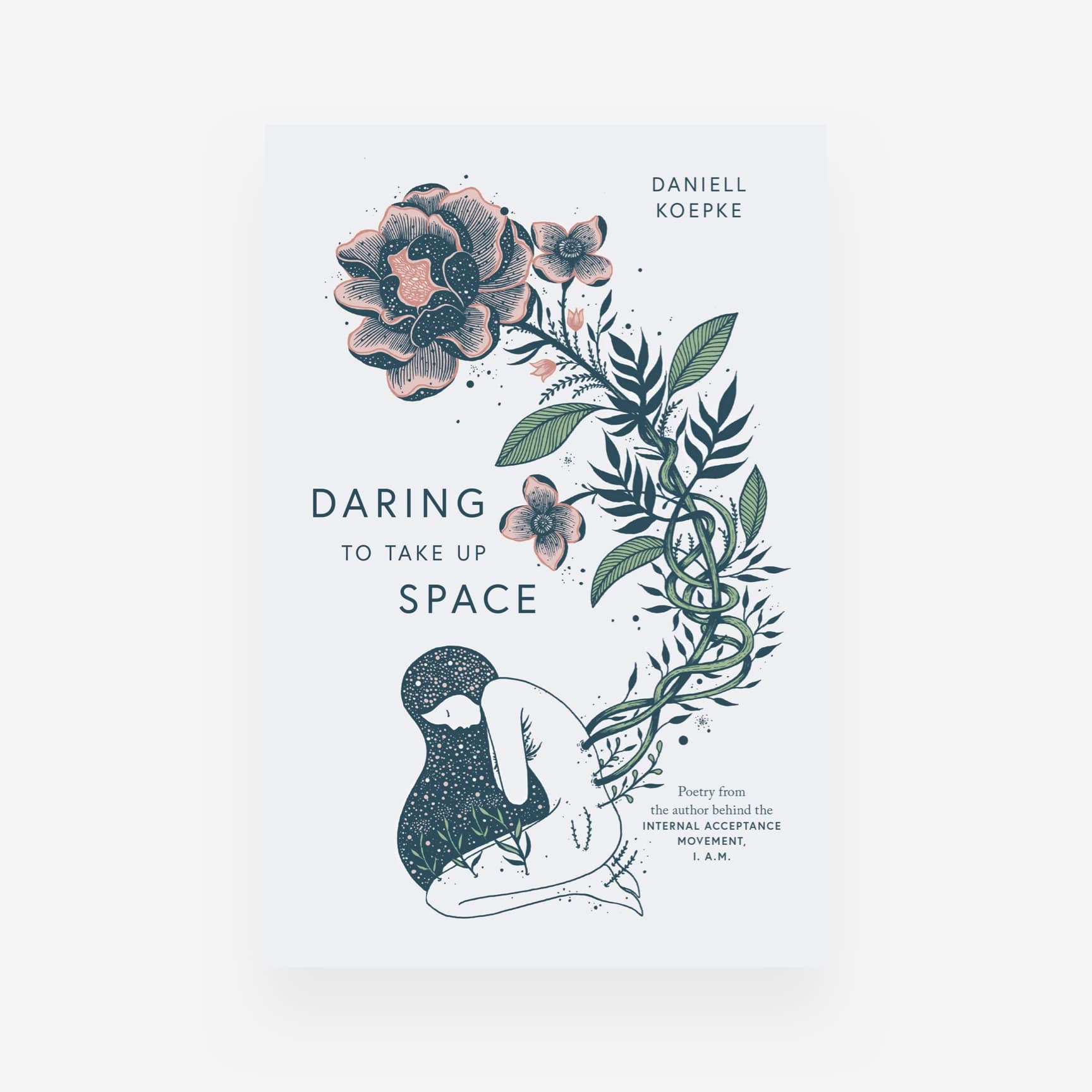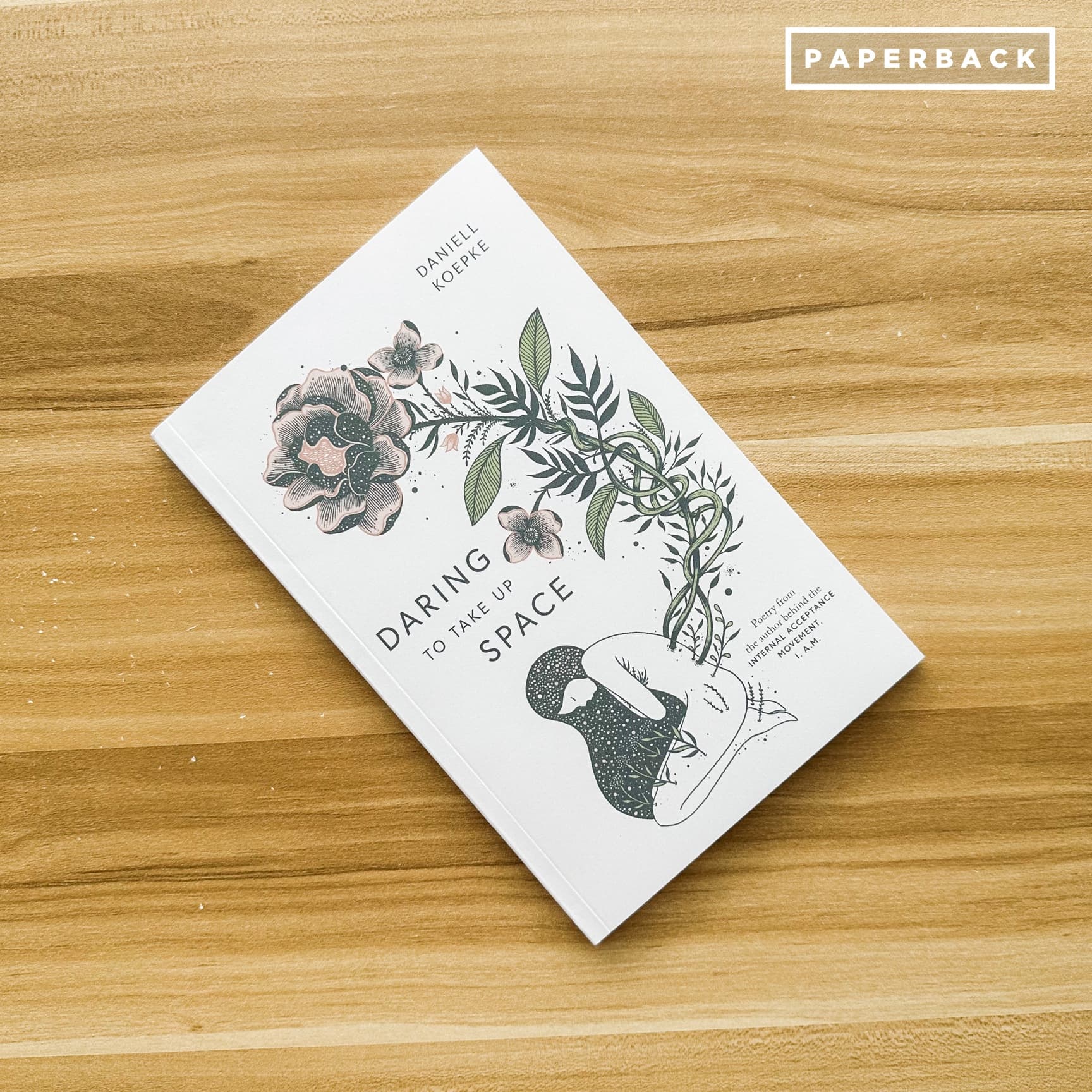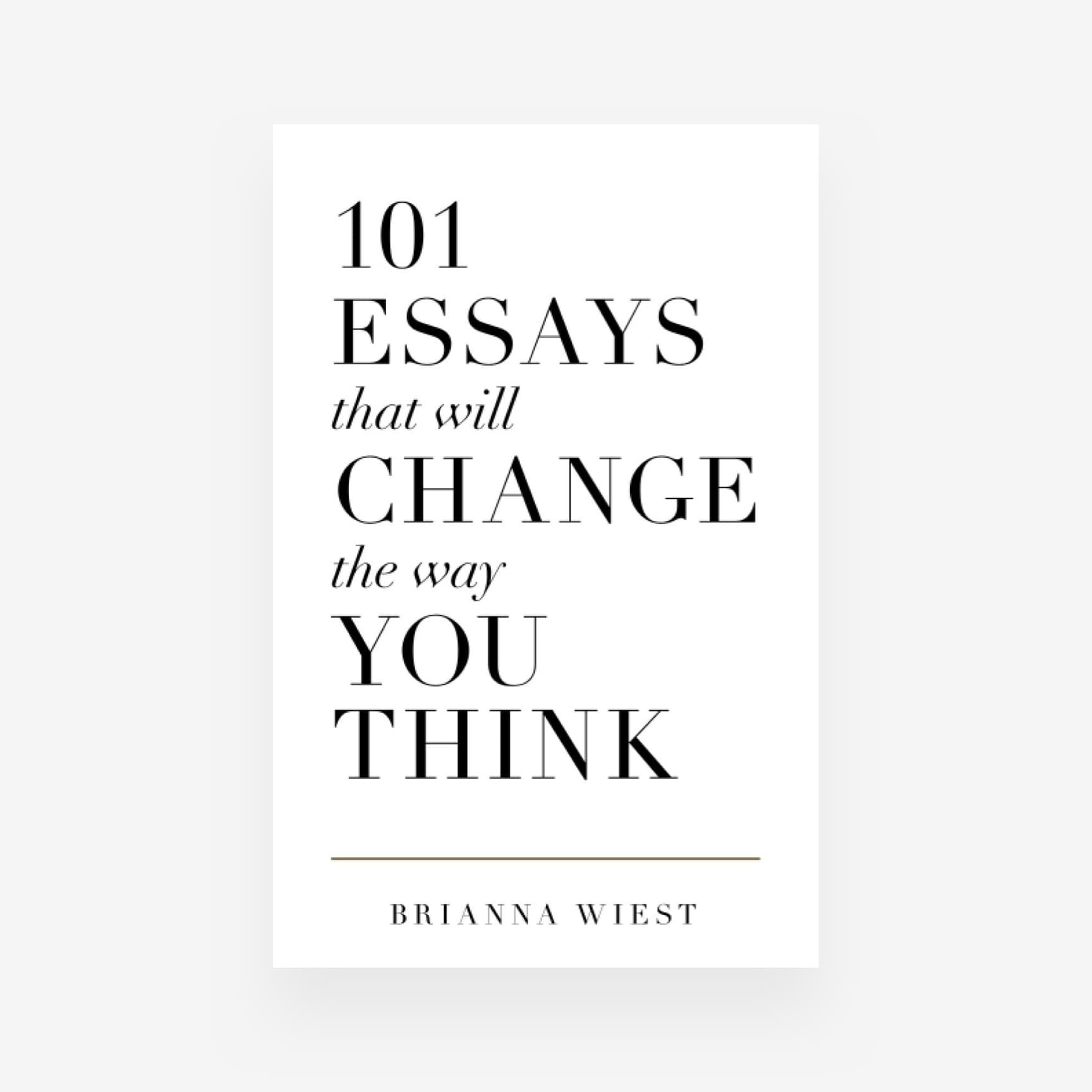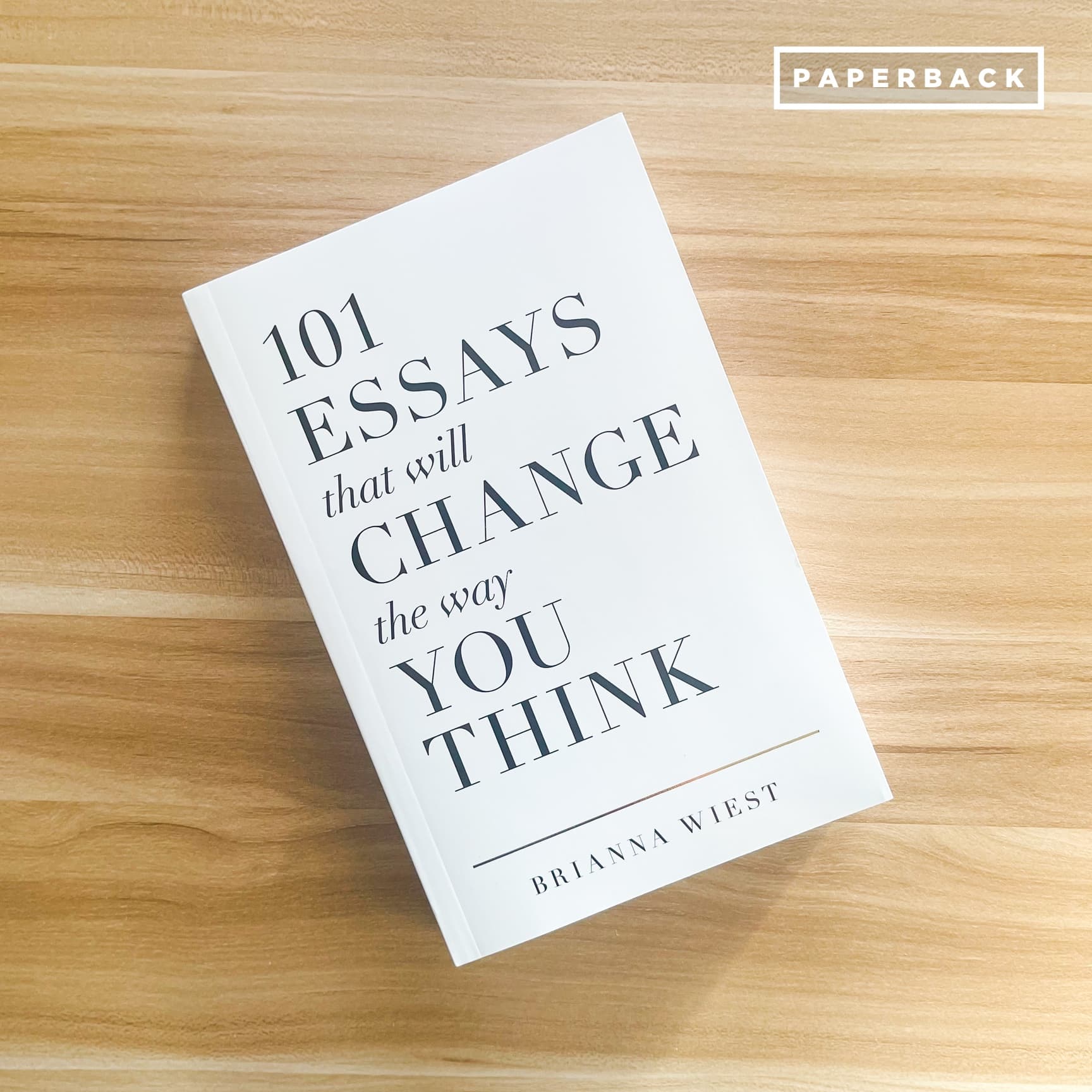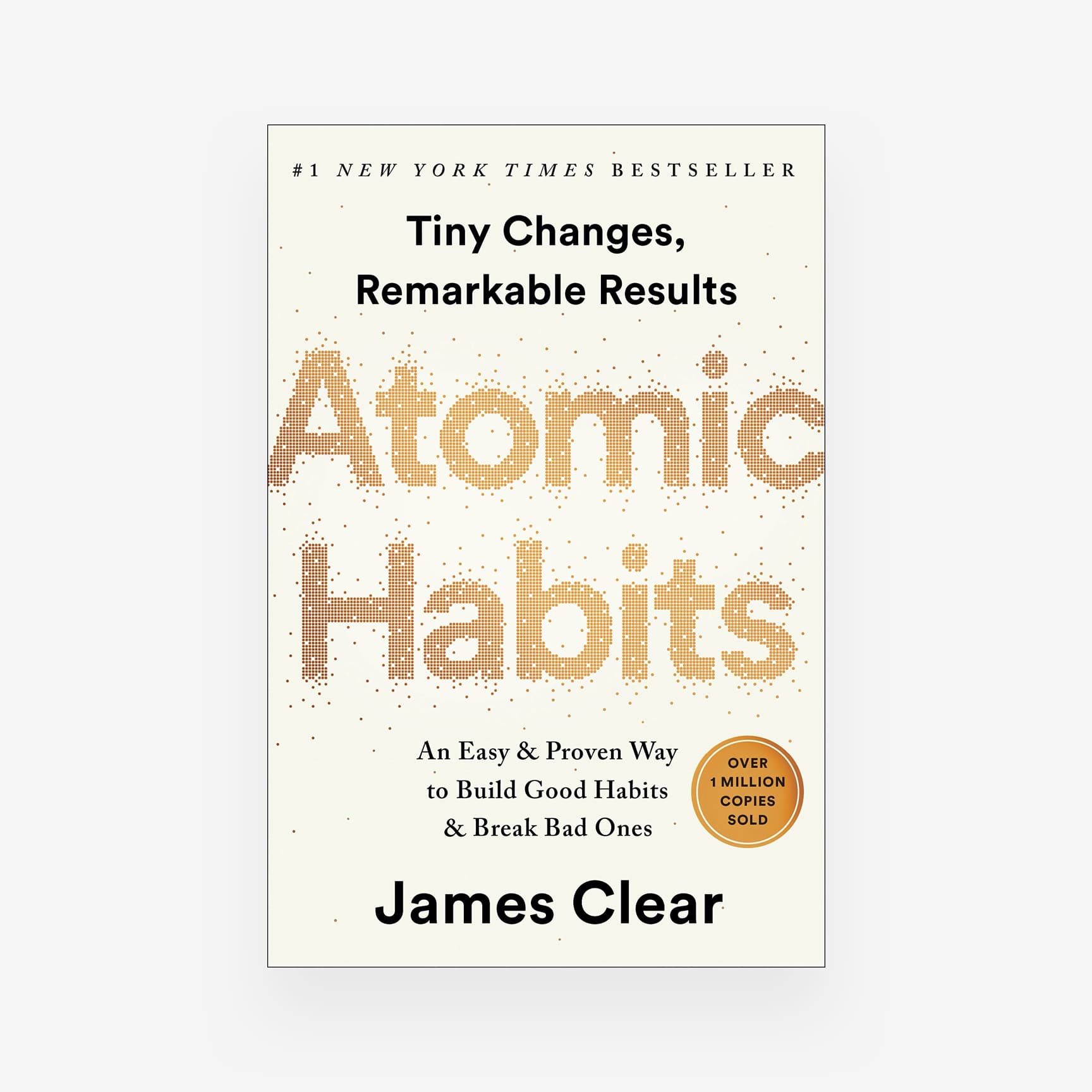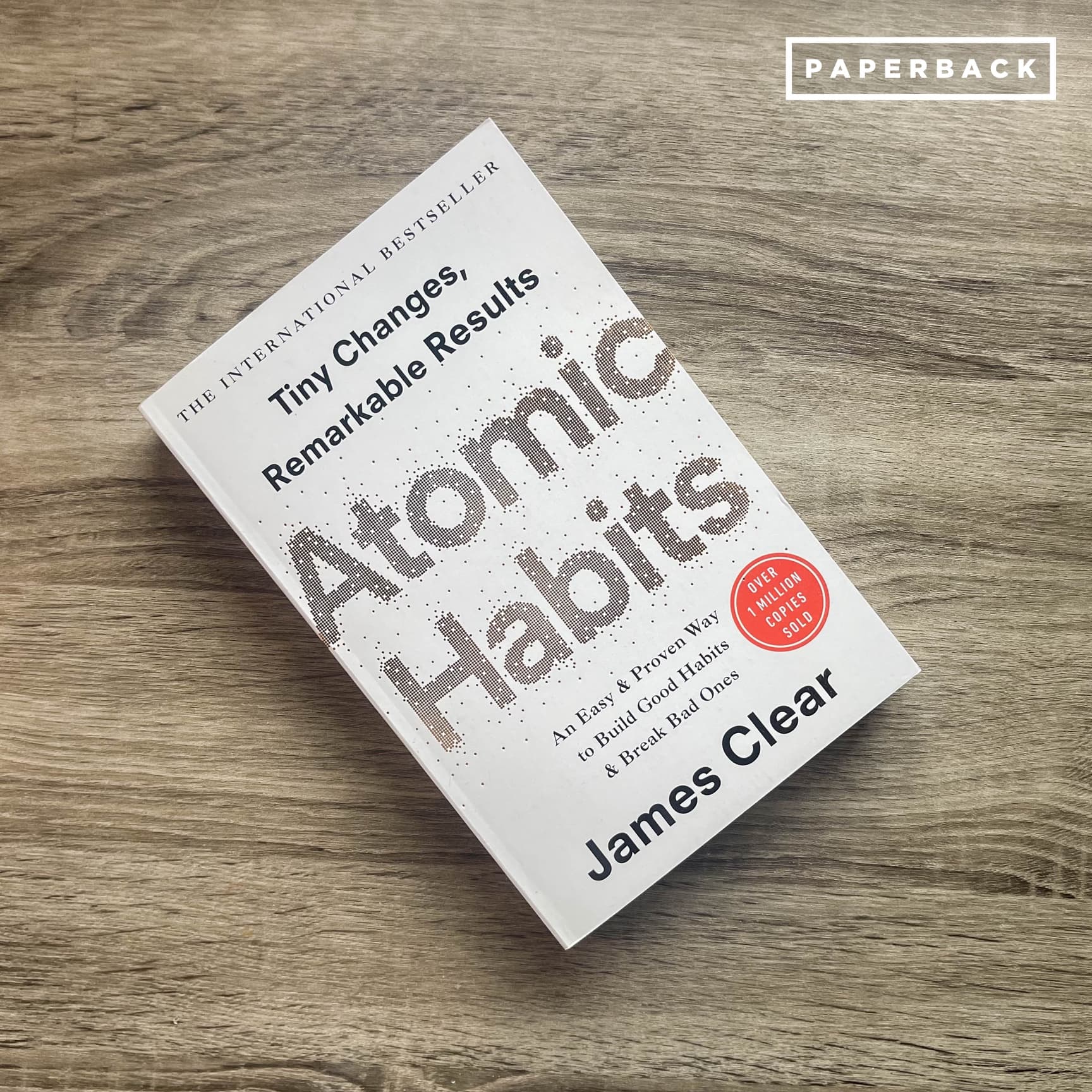In life’s quiet moments and its sudden storms, mental health matters. When you’re feeling overwhelmed, lost, or just in need of a little support, having tools that fit your pace and space can make a big difference. Whether you’re sitting in traffic, lying awake at night, or taking a breather between meetings — your phone or laptop can become a companion rather than a distraction.
Here are 10 trusted mental health apps and websites designed to help you when you need it most. They’re not a replacement for professional care, but they can be a gentle bridge. We include what users say, what they cost, and what they help you do — because you deserve clarity, kindness, and tools that actually work.

1. Wysa (App)
Website: wysa.com
Cost / Pricing Info: Free basic plan; Premium versions roughly US $19.99/month or US $104.99/year. ChoosingTherapy.com+1
Why it stands out: An AI-chatbot meets mood tracker + self-help toolkit. Wysa offers an inviting place to unload thoughts when speaking feels too heavy. App Store+1
What people say:
“Using Wysa has made me feel less stressed out and less alone. I now know how to identify the emotions I’m feeling.” Wysa
Best for: If you need somewhere to start, somewhere safe to express, or somewhere with minimal pressure.

2. Daylio (App)
Website: daylio.net
Cost / Pricing Info: Free basic; Premium from about US $4.99/month or US $35.99/year.
Why it stands out: A tiny journal in your pocket — log your mood in seconds, spot your patterns, and begin to see what’s underneath.
What people say:
“I started seeing patterns in my behavior… it helped me change without forcing change.”
Best for: Visual thinkers, pattern seekers, and anyone who wants to track their emotional life without heavy writing.

3. Headspace (App)
Website: headspace.com
Cost / Pricing Info: After free trial, plan around US $69.99/year (~US $5.83/month) in many regions. New York Post
Why it stands out: One of the most well-known meditation and mindfulness platforms, accessible for beginners and deep enough for longtime users. Kaiser Permanente
What people say:
“Ten minutes of guided meditation on a bad day felt like a lifeline.”
Best for: If you want to build quiet, focus your mind, reduce stress, or improve sleep.

4. Calm (App)
Website: calm.com
Cost / Pricing Info: Free content; Premium around US $69.99/year (~US $14.99/month) in many markets.
Why it stands out: Combines meditation, breathing, nature soundscapes, and bedtime stories to help you decompress and restore. Adamo Software
What people say:
“I used Calm when shifting work-hours wrecked my sleep. The audio stories helped when nothing else would.”
Best for: Sleep problems, anxiety flare-ups, or when you just need to switch off the world for a moment.

5. Replika (App)
Website: replika.com
Cost / Pricing Info: Free version available; Pro around US $19.99/month or US $69.99/year.
Why it stands out: An AI companion you can talk to — especially useful when silence is loud and you need to express.
What people say:
“When I couldn’t face people, it helped me express what I was scared of.”
Best for: Loneliness, reflection, or when opening up to another person feels too much.

6. Happify (App)
Website: happify.com
Cost / Pricing Info: Free basic; premium subscription varies.
Why it stands out: Uses science-based, game-like exercises rooted in CBT to help you build resilience.
What people say:
“The short activities became a habit. I felt less overwhelmed, more curious about how I felt.”
Best for: If you like interactive tools instead of traditional journaling or silent meditation.

7. Talkspace (App/Service)
Website: talkspace.com
Cost / Pricing Info: Subscription-based access to licensed therapists; pricing varies by plan. Verywell Mind
Why it stands out: Access to real therapists via text, audio, or video — more flexible than traditional in-person sessions.
What people say:
“The convenience mattered more than I expected. Knowing I could message my therapist from anywhere made it easier to show up.”
Best for: If you’re ready for therapy but need flexibility.

8. NAMI (National Alliance on Mental Illness) – Website
Website: nami.org
Cost / Pricing Info: Free to access most educational materials, support groups.
Why it stands out: Trusted nonprofit offering education, peer support, and resources for many mental health journeys.
What people say:
“When I didn’t know where to start, NAMI’s resources helped me understand my diagnosis and what to ask.”
Best for: Learning, connecting, and starting or navigating recovery.

9. Black Dog Institute (Website)
Website: blackdoginstitute.org.au
Cost / Pricing Info: Some free resources; deeper programs may have fees.
Why it stands out: Research-based and globally accessible — combining online programs with evidence-driven tools.
What people say:
“I tried one of their self-help programs between therapy sessions and it complemented what I was doing in-person.”
Best for: Combining professional care with strong supplemental tools.

10. Mental Health Commission of Canada – App Assessment & Resources
Website: mentalhealthcommission.ca
Cost / Pricing Info: Free framework for app evaluation and curated lists of mental health resources. Mental Health Commission of Canada
Why it stands out: Not just a tool, but a guide — helps you decide which apps are serious, safe, and evidence-based.
What people say:
“Before trying a new app I checked the MHCC badge — it helped me feel more confident it was legit.”
Best for: Anyone wanting to vet mental health apps and choose wisely.
How to Choose the Right Tool for You
-
Match your need with the tool: Do you need therapy access? Mood tracking? Meditation habit?
-
Start small: Even 5-10 minutes can make a difference. Apps show high feasibility and engagement in studies. PMC+1
-
Check privacy & evidence: Look for good ratings, strong reviews, and transparent data use. Psychiatry+1
-
Be kind to your pace: One tool might fit today and another tomorrow. That’s okay.
-
Know when you need more: If you’re feeling suicidal, severely depressed, or out of control — these tools don’t replace professional help.
You deserve support.
Opening an app, visiting a website, or making a check-in reminds your mind: You matter. In a world that often expects us to keep going, these tools offer a quiet invitation to pause, reflect, and heal.
These apps and websites are not a quick fix. They are companions — gentle, kind, consistent. They meet you where you are.
One tap, one log, one breath at a time — each small act asks the question: What if I cared for myself today? Because when you do, little by little, well-being becomes something you live, not just long for.
You are not alone. Your mind is worth the time. And you’re already showing up.


